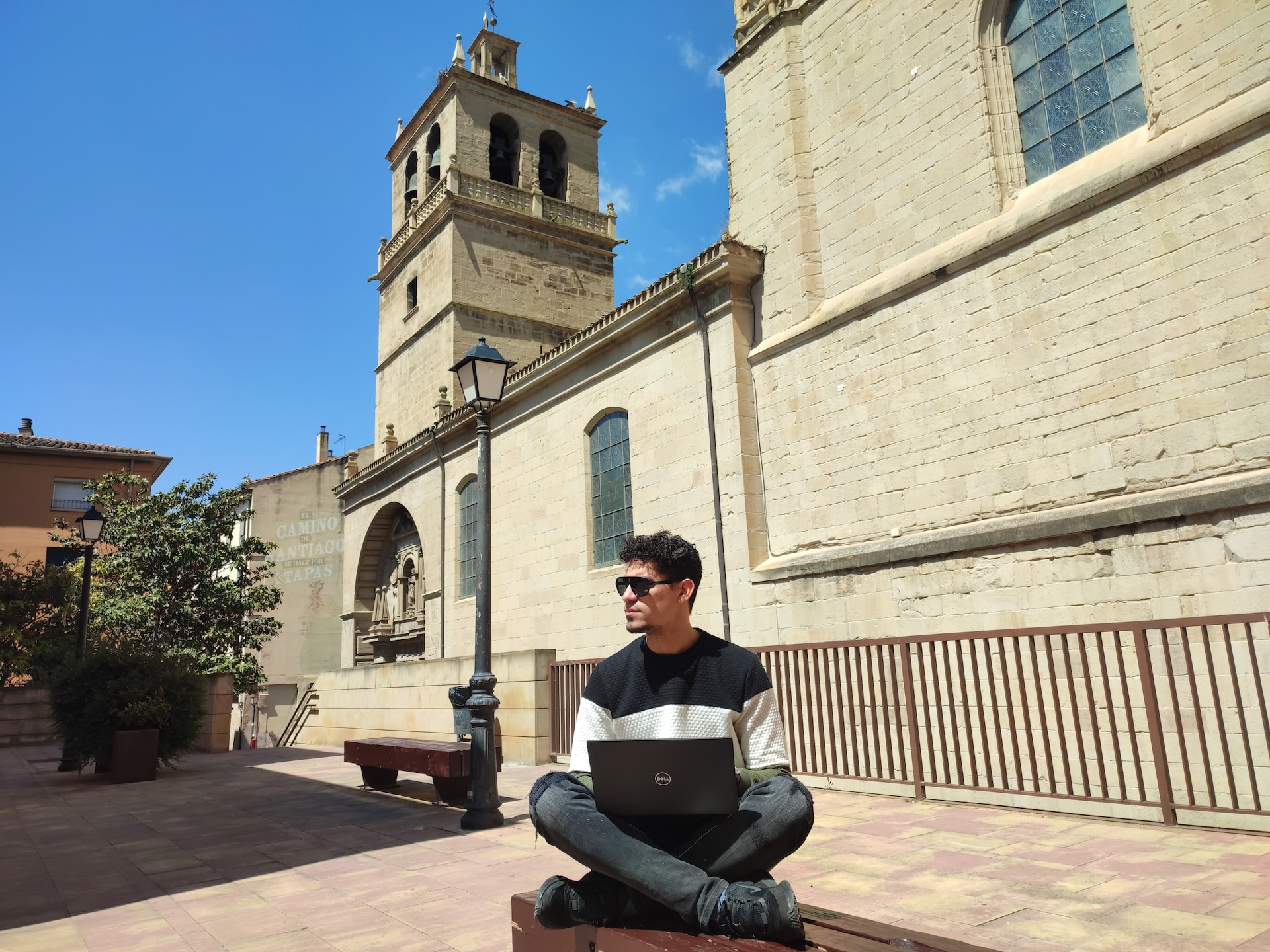Note: This blog is not considering the taxation of digital nomads when they have applied to the special tax regime or Beckham Law. Please, see the blog for special tax regime (Beckham Law), in case you think you can apply for it.
Following the guidelines contained in the Personal Income Tax Act, the AEAT considers remote workers will be tax resident in Spain, as general rule, if they work from Spain for more than 183 days in the calendar year. Also, they will be tax resident if they have in Spain the core or the base of their activities or economic interests.
In addition to qualifying as a tax resident in Spain remote workers may be also considered a tax resident in another country in accordance with the internal tax rules of that country.
What would happen in this case? We would look at the tie-breaker rules established in the applicable Double Tax Treaty.
In the case that has been analyzed by Spanish Tax Authority, the worker was living in Spain most of the year but she was also obliged to reside three months in the UK to qualify as «ordinary resident» in UK.
Spanish Tax Authority indicates that if the remote worker turns out to be a tax resident in Spain – after applying the tie-breaker rules of the Agreement – the income obtained for the days that she is physically in UK may be taxed both in Spain (place of residence) and UK (where work is done), unless the special rule of article 14.2 of the Treaty applies. In that specific case those income will be taxed only in Spain.
If both countries could tax this income, Spain would eliminate double taxation by deducting the amount paid in the UK.
Additionally the income received by the worker for his services performed «remotely» from his home in Spain will only be taxed in Spain.
But in the event that the remote worker is considered a tax resident in the UK – after applying the tie-breaker rules of the Treaty – the income obtained for the work performed on the days that he is in England would not be subject to tax in Spain, since that the work is not carried out in Spain. And for the income received for work carried out «remotely» from the home in Spain, she will always be taxed in the United Kingdom (place of residence), but could also be taxed in Spain (place where the work is carried out on those days) in some cases, unless all the special circumstances of article 14.2 of the Convention apply, in which case she will only be taxed in the United Kingdom.
The special rules that have to be given, in their entirety, so that Spain does not tax this income obtained by the worker remotely from his home in Spain, are (i) that the worker spends in Spain less than 183 days in any period of twelve months beginning or ending in the fiscal year considered; (ii) that the remuneration is paid by a company that is not Spanish; and (iii) that the remuneration is not supported by a Spanish permanent establishment.
In the event that Spain also taxes that income of the British resident, it will be in the United Kingdom where double taxation must be eliminated, by deducting the amount previously paid in Spain.
In conclusion, Spanish Tax Authority determines that the state in which the work is physically carried out may, in some cases, tax the income obtained during those days.
Workers who are displaced from their usual places of work must take into account the implications that a prolonged displacement to Spain could have in their tax obligations in Spain.
In Spanish Lawyer NYC we can advise foreign companies and entrepreneurs in all their tax and legal obligations in Spain.







